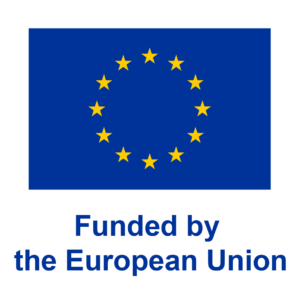COWEB is planned to address the following needs.

- The need to modernize and promote teaching and learning practices with technology-enhanced methods and tools, and the need to introduce international virtual/blended elements in the existing study programs.
- The need for Academic/Administrative Staff and E-Tutor student innovative pedagogical trainings, and collaboratively producing didactic materials for the VCL course content and activities.
- The need to align student learning outcomes with modern dynamic labor market needs for digital skills and competencies.
- The need to set up interactive virtual learning spaces and platforms that connect HEIs, educators, and other enablers of these innovative activities for an enhanced cross-border regional collaboration.
- The need for more concrete top-down approaches and strategies that promote digital transformation in the education sector by enhancing digital skills and formalizing VCL modules.
SPECIFIC OBJECTIVES

TARGET GROUPS


COWEB is a joint project arranged in a work plan of well-defined activities which are appropriately distributed in 5 work packages. The WPs are categorized into 3 vertical core work packages (WP2, WP3, WP4) and 2 horizontal work packages (WP1, WP5).
- Project Reference – 101083013
- Project Coordinator: Epoka University
- Duration of the Project – 36 months
- Call: ERASMUS Programme 2022
- Topic: Capacity Building in the field of Higher education (ERASMUS-EDU-2022-CBHE STRAND-2)
- Granting authority: European Education and Culture Executive Agency

The COWEB Project Consortium consists of 10 partner universities – three partners are from the European Union, respectively Technical University of Dresden, International School for Social and Business Studies, and University of Salento.
Seven partners are from the Western Balkans region, respectively 2 from Albania, EPOKA University & European University of Tirana, 2 from Kosovo, University for Business and Technology & Biznesi College, 2 from Bosnia-Hercegovina, International Burch University &, University of East Sarajevo and 1 from Montenegro, University of Montenegro.
The Consortium was designed based on previous successful collaboration between the partners, the complementarity of skills and competencies as well as a proper geographical representativeness of the Western Balkans region.











